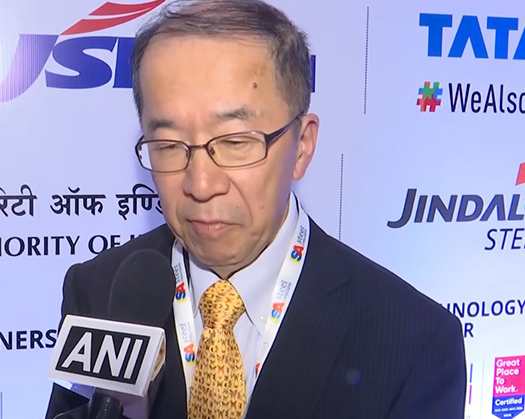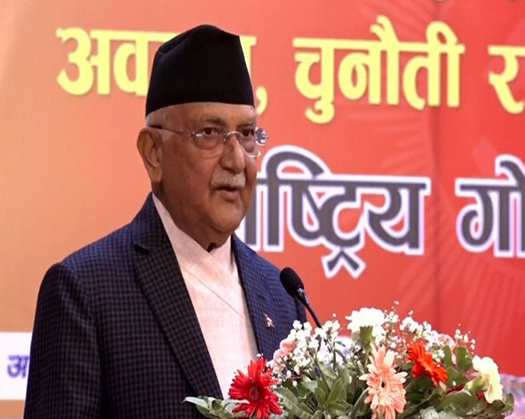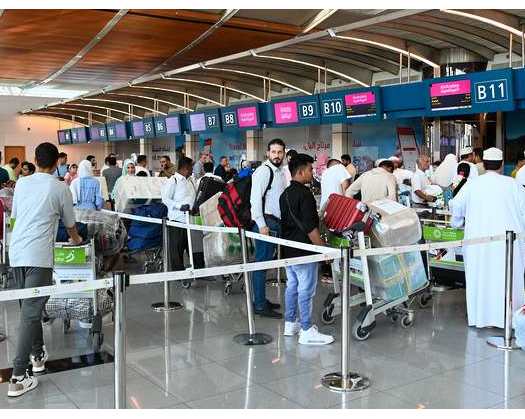Muscat: The Indian community was eagerly anticipating the announcements made in the Indian Union budget unveiled by Finance Minister Nirmala Sitharaman on Saturday.
However, there is a general sense of disappointment as the budget offers little for the average Non-Resident Indian.
In an interview with Times of Oman, R. Madhusoodanan, a former SBI official and financial expert residing in Muscat, stated that the Union budget fell short of the expectations of NRIs, leading to widespread dissatisfaction.
Indians residing overseas contributed approximately $129.1 billion to the Indian economy in 2024. Despite this significant support, their longstanding requests—including the need for investment-friendly reforms, streamlined regulations, a unified social security scheme for migrant workers, inclusion in government small savings programs, equitable tax treatment, and solutions for high airfare during peak seasons—remain unaddressed. Conversely, the Union budget has introduced more stringent tax regulations for NRIs, including students and professionals abroad. Those studying and working in countries such as the UK, US, Canada, and Australia will encounter increased reporting requirements and tax responsibilities. This development suggests a more complex financial landscape for NRIs, although it aims to align with international standards, according to Madhusoodanan.
Adeeb Ahamed, Managing Director of LuLu Financial Holdings, remarked that the Union Budget for 2025-26 is strategically aimed at enhancing short-term consumption. The removal of income tax on earnings up to ₹12 lakh is a notable initiative intended to boost the spending capacity of the middle class. This is anticipated to drive demand in sectors such as real estate, retail, and automobiles, which stand to gain from higher disposable income.
He further noted that the increase in foreign direct investment (FDI) in the insurance sector from 74% to 100% is a positive step that will attract foreign investment, foster competition, and promote innovation within the industry. Additionally, raising the Tax Collected at Source (TCS) exemption limit for remittances under the RBI’s Liberalised Remittance Scheme from ₹7 lakh to ₹10 lakh will ease the burden on individuals sending money abroad, particularly for travel and investment purposes.
Adeeb Ahamed expressed that the elimination of the Tax Collected at Source (TCS) on remittances intended for educational purposes, when supported by an education loan, is a commendable initiative that will alleviate the financial strain on students pursuing studies abroad. He noted, “It is promising to see a strong emphasis on Micro, Small, and Medium Enterprises (MSMEs), which are rightly acknowledged as vital contributors to India’s economic growth. Initiatives such as increasing the credit guarantee cover, raising investment and turnover thresholds, and enhancing loans for export-oriented MSMEs will help close the credit gap and facilitate growth. Nevertheless, despite extensive discussions on financial sector reforms, the measures introduced do not entirely align with this vision. The updated central KYC registry represents progress, highlighting the necessity for regulatory frameworks to adapt to technological advancements. However, there is hope for more definitive actions to be announced soon to bolster the resilience and growth of the financial sector. Overall, this budget appears to be populist, offering much-needed relief to the middle class and MSMEs, yet it leaves opportunities for more decisive actions in critical areas. It is anticipated that subsequent measures will address these shortcomings in the near future,” he stated.
Madhusoodanan added, “To encourage NRI investments, adjustments have been made regarding long-term capital gains rates, with the holding period for long-term assets, bonds, and investments reduced from 36 months to 24 months. Additionally, a proposed presumptive taxation regime for certain foreign entities and modifications to the Liberalized Remittances Scheme (LRS) are among the tax-related changes. Similar to residents, NRIs will also benefit from the new income tax revision, which raises the basic exemption limit from Rs 7 lakhs to Rs 12 lakhs, along with advantages stemming from the revised tax slabs on their domestic income.”
Madhusoodanan noted that the Indian Rupee (INR) is likely to remain under pressure in the short term due to the US Federal Reserve's decision to maintain interest rates and its hawkish stance, along with US trade and tariff policies. He pointed out that foreign exchange outflows persist, and the recent budget has not met the expectations of the stock market. Despite record inward remittances exceeding $129 billion in 2024, the foreign exchange reserves have decreased from $704.90 billion in September 2024 to $624 billion, marking the lowest level since March 2024. The depreciation of the INR is advantageous for the Indian diaspora and exporters, as it enhances the value of their earnings. The upcoming Reserve Bank of India (RBI) review is expected to provide insights into future rupee movements. He highlighted several positive economic factors, including 100% Foreign Direct Investment (FDI) in insurance, a fiscal deficit target of 4.4% of GDP, the government's commitment to improving the ease of doing business, urban reforms, a 10% increase in capital expenditure, and incentives for agriculture and MSMEs.
While many non-resident Indians (NRIs) express dissatisfaction, the Indian middle class is pleased with the budget, particularly regarding personal tax benefits. Madhusoodanan concluded by stating that anticipation is building for the tax reform announcements scheduled for next week.










